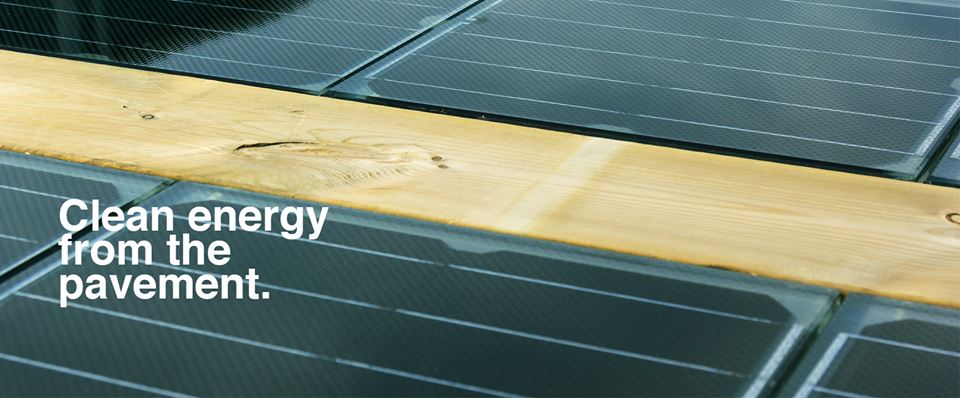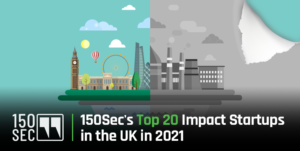
The idea is as brilliant as it is simple; if we’re covering our cities in concrete paving slabs, why not make them out of recycled waste and get them to produce clean energy?
Based on their slogan, “clean energy from the pavement” it looks like this is exactly what Hungarian-based Platio have achieved. Using 90% recycled plastic, the company has created solar panel pavement ‘slabs’ that fit together like Lego bricks and can be applied anywhere. With a peak output of 11.7kw, which can power a standard light bulb for around 117 hours, their aim is to create clean, renewable energy that can power street lamps or provide grid free energy for neighbouring businesses.
It was in just 2017 that the company made their major debut into the spotlight with their first project at the World Expo in Astana, Kazakhstan, where 80m2 of their panels was laid in the new ‘Green Quarter’ of the city, which integrates new green technology into all aspects of the area. Since then they have also established a solar pontoon bridge in Sweden, which will supply energy for ships and port facilities. A community-based project saw a return to Hungary, and they partnered up with Hello Wood, a unique Budapest-based design company, to make ingenious undulating benches in Budapest that can charge your phone through USB ports or even QI compatible wireless chargers.
“In this smart furniture project, our goal was to bring people closer to renewable energy sources by providing clean energy for their devices and also by creating a comfortable urban environment,” Says Imre Sziszák, Founder and Executive Director of Platio.
Platio is not the only company trying to lay solar panels in urban environments. 2016 saw Wattway build the world’s first road paved with solar panels in Northern France and Dutch-owned company Solaroad created a trial solar panel bike path in 2014 in the Netherlands. In France, it is just a trial to measure durability and output before they are laid anywhere else, but it is possible they will experience the same issues as Solaroad. Solaroad can produce around 3,000 kilowatt-hours of power, but as Quartz notes, the estimated cost of building it equated to around 520,000 kilowatt-hours of power.
Not only this, solar panels are much more efficient when laid at an angle, rather than flat, as is necessary on a road, so they can pick up more of the sun’s rays. Slate wrote a particularly pessimistic review of solar roads, adding that this would mean driving on transparent surfaces which could be slippier and more dangerous. On the contrary, however, solar energy in cities and roads can be efficient and practical. Italy, Germany and the US have solar-powered highways, with solar panels stretching along the corridor between the two roads. These power street lamps, road signs and tunnel fans without any need for polluting fossil fuels.
Solar Roadways, a US owned company, has also created solar pavements, with the vision to move on to roads and highways. The owner, Scott Brusaw noted that asphalt covers 48,000 square miles in the US alone.
“Our plan is to replace all the asphalt and concrete[…] If you cover it with solar panels, we can make 3 times our energy needs.” He told APNews
Solar energy is becoming increasingly popular around the world as a cheaper alternative to fossil fuels. Platio is a leader in the solar market due to its dedication to using recycled materials and their innovative mindset is set to bring new exciting ways to make our urban environment greener.
The Hungarian company, originally called FUTI, was founded in 2015, and in 2016 it was chosen for a business accelerator course by Design Terminal, which mentors early stage businesses which have a strong social impact. They were also included in the 2017 New Europe 100 list, which showcases innovative talent from Central and Eastern Europe, and it has received funding from the European Union’s Horizon 2020 Research and Innovation Programme.
In January 2018, Platio signed a deal with Prologis, a global leader in logistics and real estate, which allowed them to install their first charging port for Electric cars.
It is important for us to find key partners who support innovative technologies and can give us a chance to try new fields of applications,” said Miklós Illyés, co-founder of Platio to Budapest Business Journal, adding that the new EV chargers are “a significant milestone for us and part of our mission to contribute to e-mobility.”




